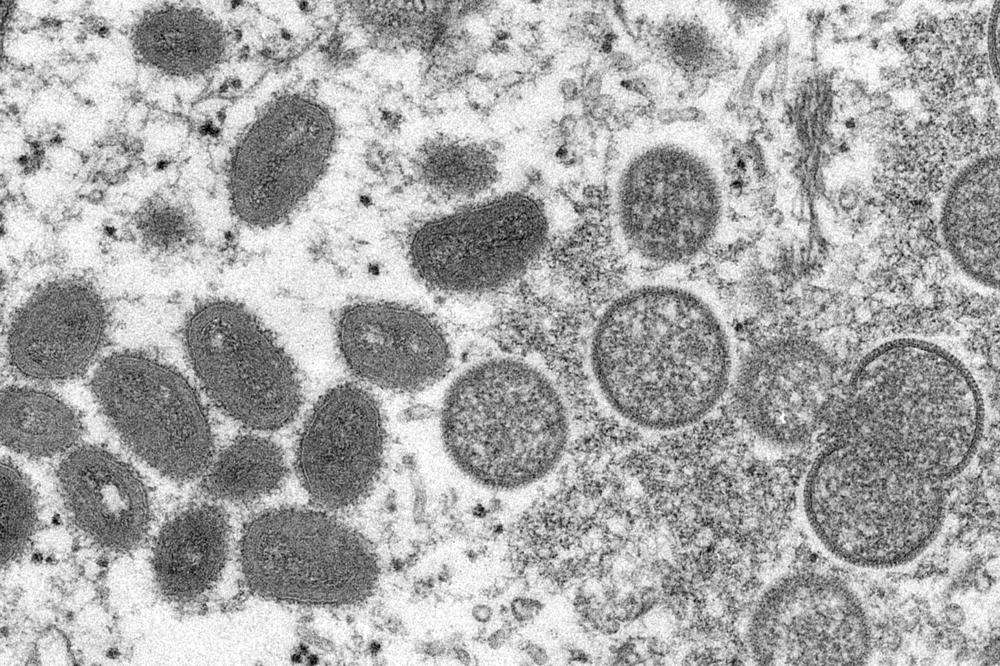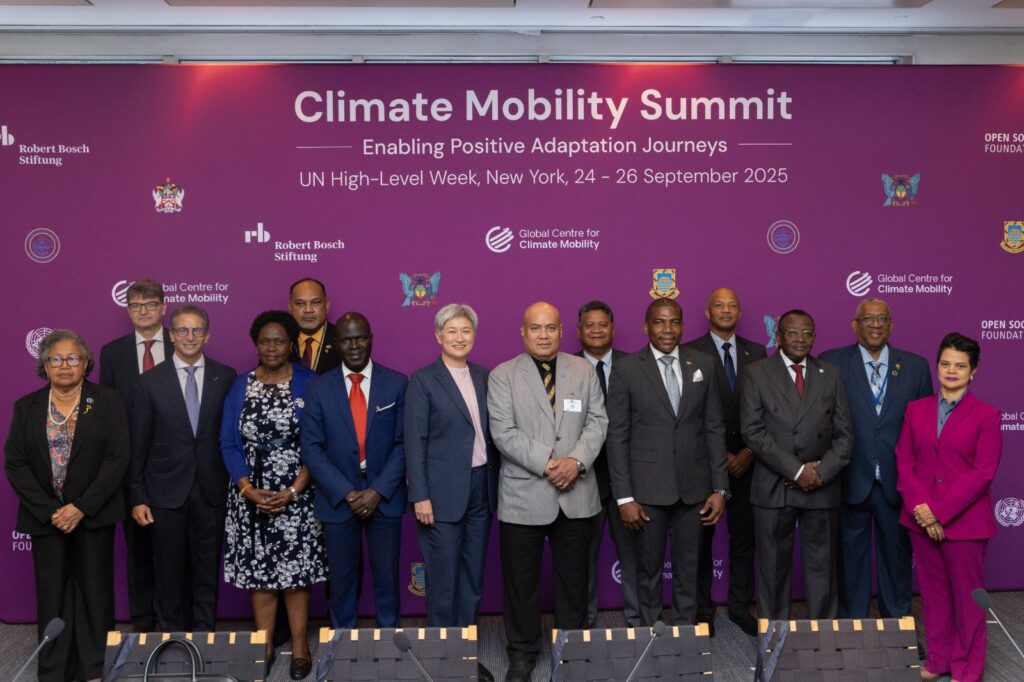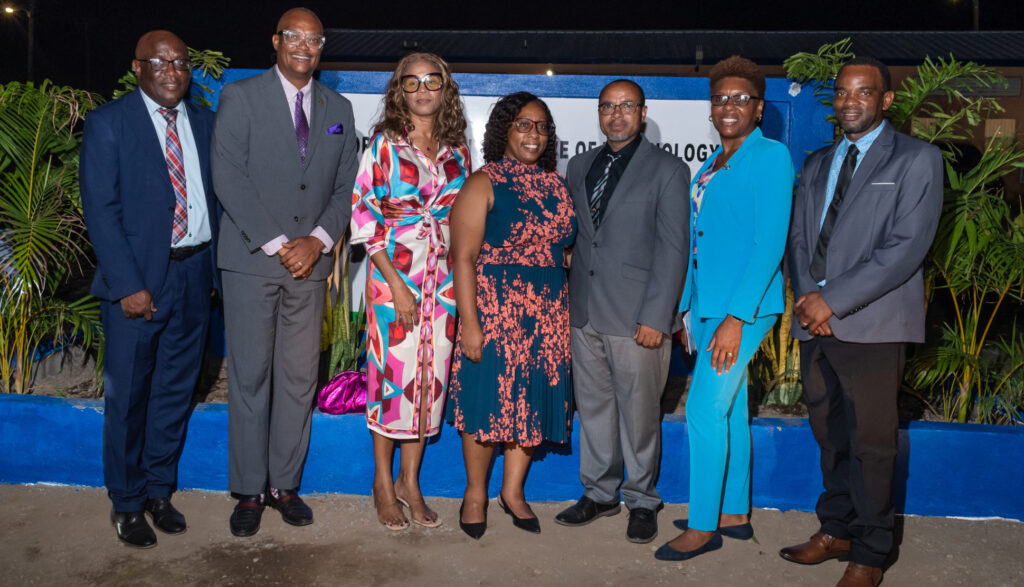WHO Declares End to Mpox Global Health Emergency
The World Health Organization (WHO) has declared an end to the global health emergency status of mpox, formerly known as monkeypox. This decision, announced by WHO Director-General Tedros Adhanom Ghebreyesus, comes almost a year after the disease began its widespread transmission beyond its traditional endemic regions in Central and West Africa. The declaration follows a consistent decline in reported mpox cases worldwide, prompting the WHO’s emergency committee to recommend lifting the highest level of alert. This positive development echoes a similar declaration made the previous week regarding COVID-19, signaling a shift in the global health landscape. While both emergencies have officially ended, the WHO emphasizes the continued presence and circulation of both viruses, highlighting the need for ongoing vigilance and robust public health measures.
The mpox outbreak, which began in May 2022, primarily affected men who have sex with men, spreading rapidly across Europe, North America, and other regions. Characterized by fever, muscle aches, and distinctive skin lesions, the disease prompted the WHO to declare a Public Health Emergency of International Concern (PHEIC) in July 2022. Since then, however, a marked decrease in case numbers has been observed, leading to the current decision to lift the emergency declaration. Over the course of the outbreak, more than 87,000 cases and 140 deaths were reported across 111 countries, a stark reminder of the disease’s impact despite the positive trend of declining infections.
The WHO’s decision to downgrade mpox’s status reflects the significant progress made in containing the outbreak. The decline in cases, with a reported 90% reduction over the recent three-month period compared to the preceding quarter, indicates the effectiveness of public health interventions and heightened awareness surrounding the disease. However, the WHO cautions against complacency, stressing that mpox continues to circulate and pose a significant public health challenge, requiring sustained proactive and robust responses. This vigilance is crucial to preventing resurgences and ensuring the long-term control of the virus.
Despite the positive global trend, the WHO acknowledges the continued presence of mpox in all regions, including Africa, where the transmission dynamics remain less understood. This highlights the importance of ongoing research and surveillance efforts to fully comprehend the virus’s behavior and implement targeted interventions. The lifting of the emergency declaration does not signify the eradication of mpox, but rather a shift in the global response strategy. Continued efforts are needed to support affected communities, strengthen healthcare systems, and promote access to effective diagnostics, treatments, and preventative measures.
With the conclusion of the COVID-19 and mpox emergencies, the WHO currently has only one active PHEIC declaration: for poliovirus, declared in May 2014. This underscores the ongoing global health challenges and the need for continued international cooperation and investment in disease prevention and control. The experience gained from the mpox outbreak, including the rapid development and deployment of vaccines and therapeutics, provides valuable lessons for future pandemic preparedness. It highlights the importance of agile and coordinated responses, community engagement, and equitable access to healthcare resources.
The WHO’s declaration offers a cautious yet optimistic outlook for the future of the mpox response. While the immediate threat has subsided, the virus remains a concern, requiring sustained efforts to prevent resurgence and ensure long-term control. The global community must remain vigilant, investing in robust public health infrastructure, supporting affected communities, and promoting research to better understand and address the ongoing challenges posed by mpox and other emerging infectious diseases. The lessons learned from this outbreak should be integrated into future pandemic preparedness strategies to strengthen global health security and protect vulnerable populations.
Share this content:












Post Comment